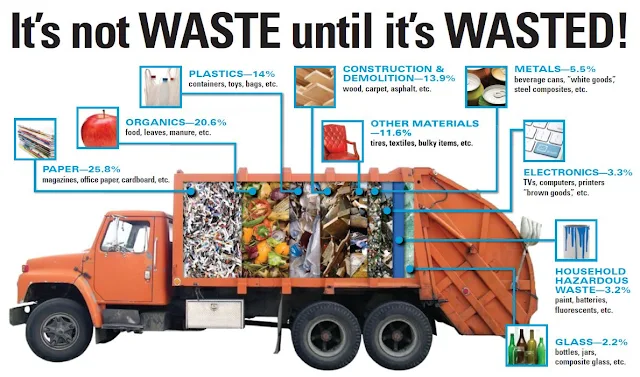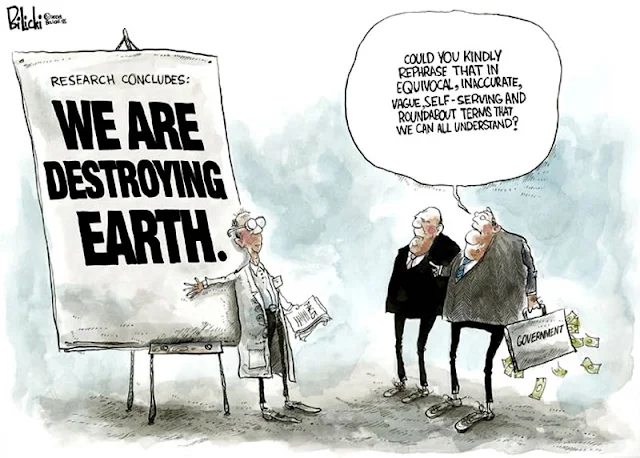 |
| The seven stages of simple living. |
Change is hard, especially when we are talking about lifestyle changes. The term implies a change in the way you live your life. Could anything be more all-encompassing? No wonder people are often hesitant, and perhaps even scared, of making such changes.
Even when the changes are made voluntarily, and the person is fairly confident the changes will lead to better things, it can mean working through some or all of the seven stages of simple living.
1. SHOCK/DENIAL
Shock provides emotional protection from being overwhelmed all at once. You will probably react to the end of consumerism in your life with numbed disbelief.
You may deny the reality of having to end this way of life at some level, in order to avoid the pain. "I don't need to live simply right now. I can stop shopping whenever I want."
2. PAIN & GUILT
As the shock of not buying anything wears off, it can be replaced with the feeling of unbelievable pain. It is important that you experience the pain fully, and not hide it, avoid it or escape from it by shopping for things you don't need.
You may have guilty feelings or remorse over wasting time acquiring stuff and party-mentionable, yet questionable, experiences. Life feels chaotic and scary during this phase. What will you do if not work and spend, work and spend? "This makes me feel bad. If we are what we buy, who am I if I don't buy anything?"
3. ANGER & BARGAINING
Your frustration gives way to anger, and you may lash out and lay unwarranted blame for your pursuit of happiness through materialism. "Those damn advertisers made me do it. It was the glossy magazine's slick ads. I hate them."
You may rail against fate, questioning, "Why me? Why can't I just be jaded and not care?" You may also try to bargain in vain with the powers that be for a way out of your despair. "I will never shop recreationally again if you just let me keep my job."
4. DEPRESSION, REFLECTION, LONELINESS
Just when you think you should be getting on with your happy simple life, a period of sad reflection may overtake you. This is a normal stage of leaving conspicuous consumption behind, so do not be "talked out of it" by well-meaning consumers or sales people.
Encouragement to buy your way out of your situation is not helpful to you during this stage of simple living.
During this time, you finally realize the loss of your previous high environmental footprint lifestyle, and you may feel like you miss it. You may isolate yourself on purpose, reflect on things you used to buy and places you went, and focus on purchase-filled memories of the past. "It may have been expensive, damaging to the environment, and bad for my soul, but it sure was fun."
You may sense feelings of emptiness or despair. "Where is this all going?" But hang in there, things are getting better.
5. THE UPWARD TURN
As you start to adjust to a simple life of real freedom and fulfillment, things become calmer and more organized. As your possessions and busyness lessen your loneliness begins to lift. You find others who are living like you are, and connect with them for support and mutual assistance. "I feel better, and am happier than I have been for a long time."
6. RECONSTRUCTION
As your lifestyle becomes more simple and functional, your mind starts working again, and you find yourself seeking realistic solutions to problems posed by a life without buying stuff. You will start to work on practical and financial problems as you adapt to your new way of living.
You are reconstructing yourself and your life without consumerism, and it is not an easy task. But it is a worthwhile one. "I am challenged and engaged by my new simple lifestyle."
7. ACCEPTANCE & HOPE
During this, the last of the seven stages in this life transition model, you learn to accept and deal with the reality of your situation. Acceptance does not necessarily mean instant happiness. Given the pain and turmoil you may have experienced, it may be a while before you return to the carefree, untroubled YOU that existed before consumerism took hold of your life.
But in simplicity, you are moving forward.
You will start to feel hopeful about the future and start to plan all manner of free, simple and beautiful things now that you have more time. Eventually, you will be able to think about your previous shopping life without pain and see it for the failed experiment in happiness that it was.
You will once again anticipate good times as you adapt to your new post-consumer life. You find joy again in the experience of living, except now it is peaceful, authentic and self-directed. "Hey, this works!"
Congratulations, you have made it through the 7 stages of simple living. Things are looking up for you, the planet, and everything that lives on it.












